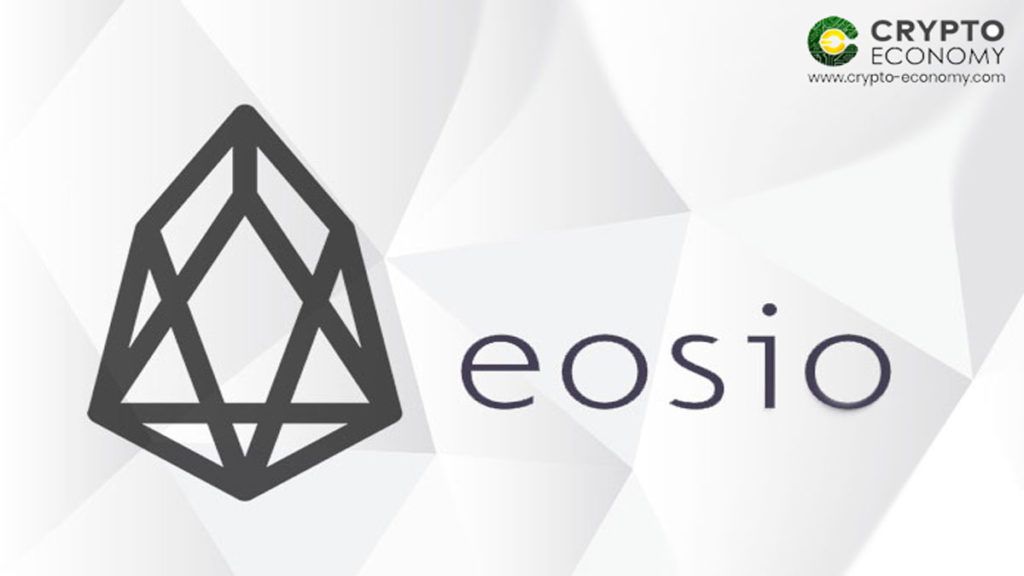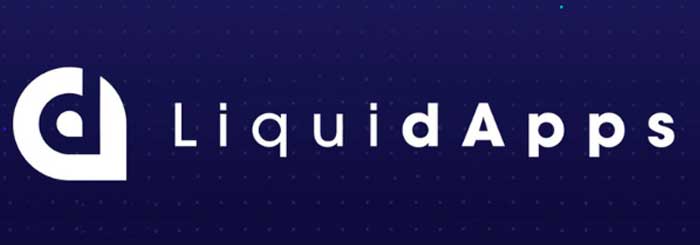LiquidApps launched two new services aimed at improving the cross-chain experience between EOSIO chains. Cross-Chain vRAM and Universal LiquidAccounts simplify the development and functionality of dApps in the EOS network.
Cross-Chain vRam
Cross-Chain vRam enables the accessibility to data generated in each smart contract within the EOS blockchain. Each data generated in an EOSIO smart contract and stored on vRam can be accessed through a different chain in the EOSIO network using this feature.
The first and second chains can provide consensus through InterPlanetary File System and give read-only access to the data. dApps in the EOSIO network can now grow their services and features among all chains and therefore are not limited to a certain one.
EOSIO developers can use the new feature to access more resources and users. After all, the news functionality connects all chains within the EOSIO network. Cross-Chain vRam makes the vRam in each EOSIO chain, a shared one through others.
“This creates a shared memory across multiple chains & opens the door for breakthrough use-cases, such as universal LiquidAccounts,” according to LiquidApps.
Universal LiquidAccounts
The other new service from LiquidApps uses the capabilities of Cross-Chain vRam and improves the LiquidAccounts. These kinds of accounts can now be used on any LiquidX compatible EOSIO chain. Users can now have a single account that is connected to all the chains. This new feature means better user experience within the EOSIO network and results in better mass adoption.
“Imagine a world where a single account can act as a global keyring, transacting on any dApp and every blockchain. That future begins today!” according to LiquidApps.
LiquidApps updated its documentation to include two new features. Developers can now start testing Cross-Chain vRam and Universal LiquidAccounts in their dApps. The first step toward using the LiquidAccounts needs some development inside EOSIO chains.
“To enable the usage of LiquidAccounts across chains, a “cross-chain host” must be deployed on each supported EOSIO chain. This “cross-chain host” will be configured to use the LiquidAccounts that have been registered on the “host chain” contract,” according to LiquidApps documentation.





